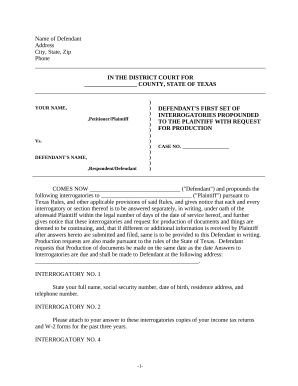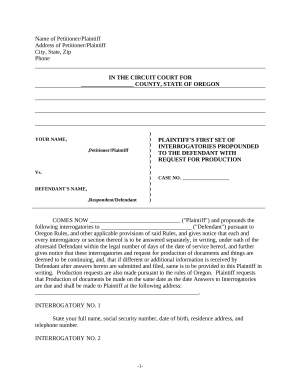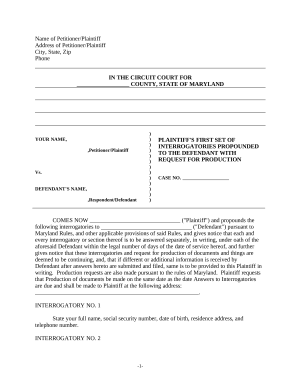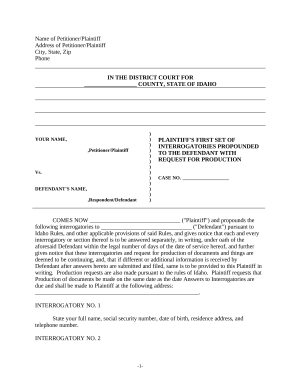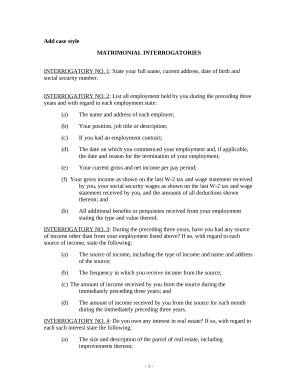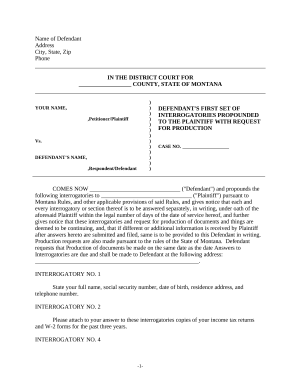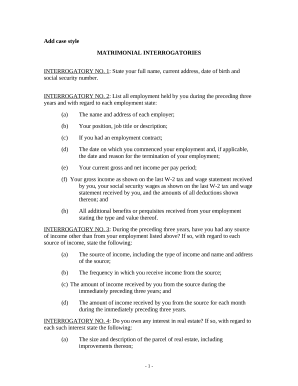Enhance your productiveness with Interrogatories for Divorce Cases
Record managing occupies to half of your business hours. With DocHub, it is possible to reclaim your office time and improve your team's productivity. Access Interrogatories for Divorce Cases collection and explore all templates relevant to your daily workflows.
Effortlessly use Interrogatories for Divorce Cases:
- Open Interrogatories for Divorce Cases and use Preview to find the appropriate form.
- Click Get Form to begin working on it.
- Wait for your form to open in the online editor and start modifying it.
- Add new fillable fields, icons, and pictures, adjust pages, and many more.
- Complete your template or prepare it for other contributors.
- Download or deliver the form by link, email attachment, or invite.
Speed up your daily file managing with the Interrogatories for Divorce Cases. Get your free DocHub account today to discover all templates.
